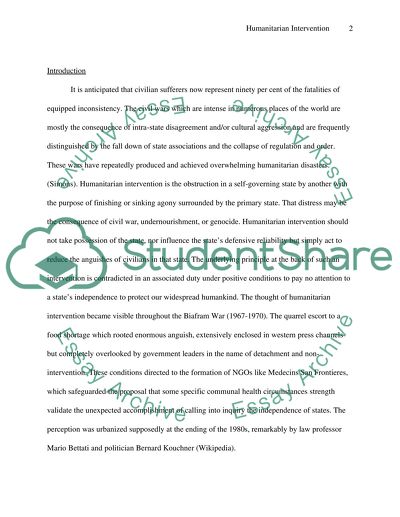Cite this document
(“Challenge to U.N Charter Framework on Use of Force Essay”, n.d.)
Retrieved from https://studentshare.org/politics/1512110-challenge-to-un-charter-framework-on-use-of-force
Retrieved from https://studentshare.org/politics/1512110-challenge-to-un-charter-framework-on-use-of-force
(Challenge to U.N Charter Framework on Use of Force Essay)
https://studentshare.org/politics/1512110-challenge-to-un-charter-framework-on-use-of-force.
https://studentshare.org/politics/1512110-challenge-to-un-charter-framework-on-use-of-force.
“Challenge to U.N Charter Framework on Use of Force Essay”, n.d. https://studentshare.org/politics/1512110-challenge-to-un-charter-framework-on-use-of-force.


